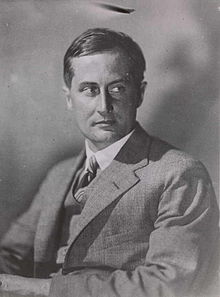
I bring this up because I was thinking about egg tempera, taking egg yolk off the plate my son had been eating from. That’s a pretty good invention, although you can see how someone thought of it. The yolk forms a binding medium to which powdered pigments are added. It’s been used since egyptian times, sometimes with honey or milk rather than yolk. But if you were to develop and perfect that relatively simple technique it would take a lifetime. The knowledge would have to be treasured and passed on, or it would be lost.
Which is exactly what happened, as the example of the Yolngu demonstrates. Humans used to treasure knowledge and pass it on carefully from generation to generation. Nor were religion and knowledge separate. The cultural treasure of a people was every skill, every legend and myth. The gods were a small part of this but woven throughout it. How to make just the right tempera mixture when the eggs are too fatty. What it means to say “full up to dolly’s wax”. My grandmother was born in 1902 and she had a saying for every situation, and little fragments of stories. She remembered everything through these and I think that was common for the time.
This enormous treasure, a quilt of changing hues as you move from one valley and one clan to the next, this is all being lost to a faster age and a way of understanding the world which is more rigid, in some ways more powerful, but less deep. I don’t think there’s anything we can do about that except perhaps to document where we can and at least mourn, at least have a wistful moment, for its passing.
